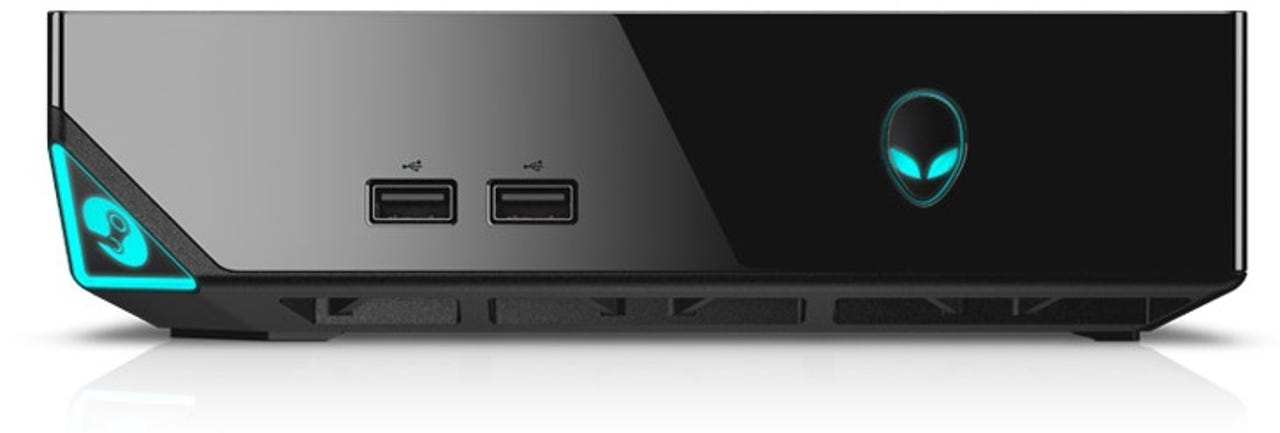Alienware exec: Changes to Windows blunted the appeal of Steam Machines


Alienware's Steam Machine
Valve rolled out the Steam Machine concept at CES 2014: Desktops that would be sized to compete with video game platforms in gamers' living rooms, and run the company's Linux-based SteamOS.
Since then, the company ran into delays with its Steam Controllers, and by the time manufacturers started to roll out the actual systems (nearly two years later), a lot of the buzz about an alternative PC gaming ecosystem had dwindled.
But hardware woes weren't the only reason Steam Machines haven't become blockbusters, according to an Alienware exec. In a recent interview with PC Gamer, Frank Azor, general manager and a co-founder of Dell's gaming arm, said that Microsoft was a key factor. Azor says that Windows 8 was an impetus for the Steam Machine concept:
"The catalyst for the Steam Machine initiative was really around what Microsoft's decisions were with Windows 8, and if you remember that operating system, it really stepped away from gamers in a big way. We were concerned as an industry that we were going to lose PC gamers on the Windows platform to any other platform that was out there, whether it was console, Mac OS X, Android."
According to Azor, the software giant changed its tune with Windows 10, however, making it far more friendly to gamers. In fact, Steam Machines started shipping with Windows 10 before the SteamOS was ready for release. As a result, the SteamOS platform hasn't taken off like Valve and its PC partners like Alienware had hoped.
Of course, those manufacturers produce Windows PCs, so it's not like it's a net loss for them if gamers choose a Windows 10 system over a SteamOS version. Azor says that the Windows version of the Alpha living room PC "significantly outsell[s]" the Steam Machine edition.
Despite the Steam Machine concept -- pardon the pun -- losing a bit of steam due to its delayed release and the Windows 10 factor, Azor thinks the effort was still worthwhile to remind Microsoft about the legion of gamers who remain loyal to PCs over (or in addition to) the Xbox or PS4. In fact, the PC gaming market has not just made a comeback, it's bigger than any other,
Do you think Steam Machines are a bust? Do you think they still have a future as an alternative PC gaming platform? Let us know your thoughts in the comments section below.